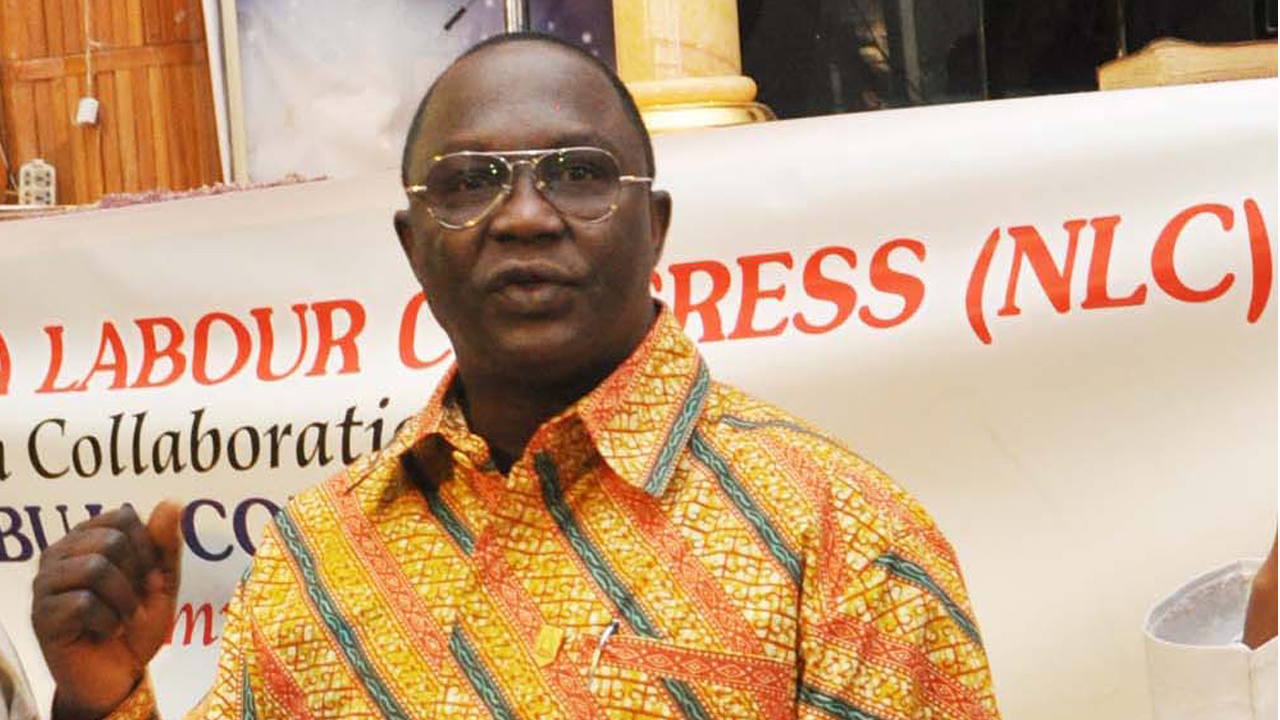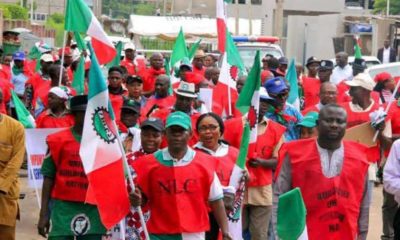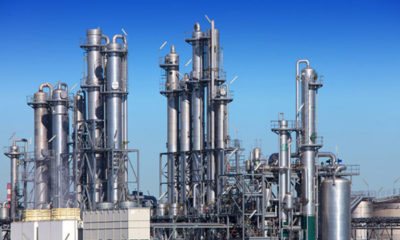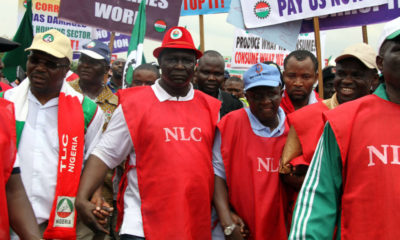- Minimum Wage: No Strike Threat, Negotiation Ongoing, Says NLC
The Nigeria Labour Congress (NLC) has denied recent media reports that it threated to embark on strike over the delayed implementation of the new minimum wage.
Speaking in a telephone chat, the National President, NLC, Mr Ayuba Wabba, vehemently discarded reports of an agreed strike action.
“NLC has not declared any action,” he said.
“If we have, I will speak to it. You will hear my voice and I will sign a document. We have not issued any notice in that respect. Even the Trade Union Congress has not done that.”
Some newspapers had reported on Tuesday that unions under the NLC had vowed to begin an indefinite industrial action nationwide over the new minimum wage.
But Wabba described the report as unsubstantiated rumours.
Labour union representatives are currently negotiating with government representatives over the new minimum wage and Wabba said, “if there is any constraint, our attention will be drawn to it and then the unions can interface.”
The NLC is an umbrella body for more than 40 unions across the country and is recognised by the International Labour Organisation (ILC) as the definitive union representing Nigerian workers.
The other umbrella for unions in the country, with a national spread, is the Trade Union Congress.
In 2016, a third umbrella body for unions, the United Labour Congress (ULC) emerged.
President Muhammadu Buhari, signed a new minimum wage into law last April, but its implementation has been stalled over disagreement between union and government representatives on how to review real wages in the civil service.
Media recently reported that the federal government had proposed, in addition to the adjustments of the minimum wage of those who are already on level one to level six to reflect the new minimum wage, a consequential salary adjustment of N10,000 per month across the board for all the harmonised salary structure to ensure equity.
This gave rise to the additional cost implication of N158,771,830,326.00 per annum, which has already been captured in the 2019 budget.
However, labour leaders were reportedly adamant that officers on level seven to 14 should also get an additional 30 percent of their salaries, while those on level 15 to level 17 should have 25 percent of their current monthly earnings added to their salaries.
“You can’t give absolute figure for minimum wage increase,” Secretary General of the Trade Union Congress, Mr Musa Lawal stated.
“It is a percentage issue and we told them right from time. It is a question of percentage. Somebody who was on N18,000 who moves to N30,000, what is the difference? It is the percentage difference we are looking for; anything short of that is zero and we are not taking it. That is the position of labour.”
Lawal, also noted that it was incorrect to say previous minimum wage reviews had not reflected percentage as increase as labour is now demanding.
“They had a table that ensured that no one was cheated,” he said. “If they present the table, we will look at it, but they have not presented the table. As it is now, what the federal government is offering is useless and cannot be taken. They should give us paperwork on what they are saying and we will respond officially.”

 Forex3 weeks ago
Forex3 weeks ago
 Naira3 weeks ago
Naira3 weeks ago
 Billionaire Watch3 weeks ago
Billionaire Watch3 weeks ago



 Naira3 weeks ago
Naira3 weeks ago






 Naira2 weeks ago
Naira2 weeks ago




 Naira2 weeks ago
Naira2 weeks ago




 Naira4 weeks ago
Naira4 weeks ago






 Naira2 weeks ago
Naira2 weeks ago






















